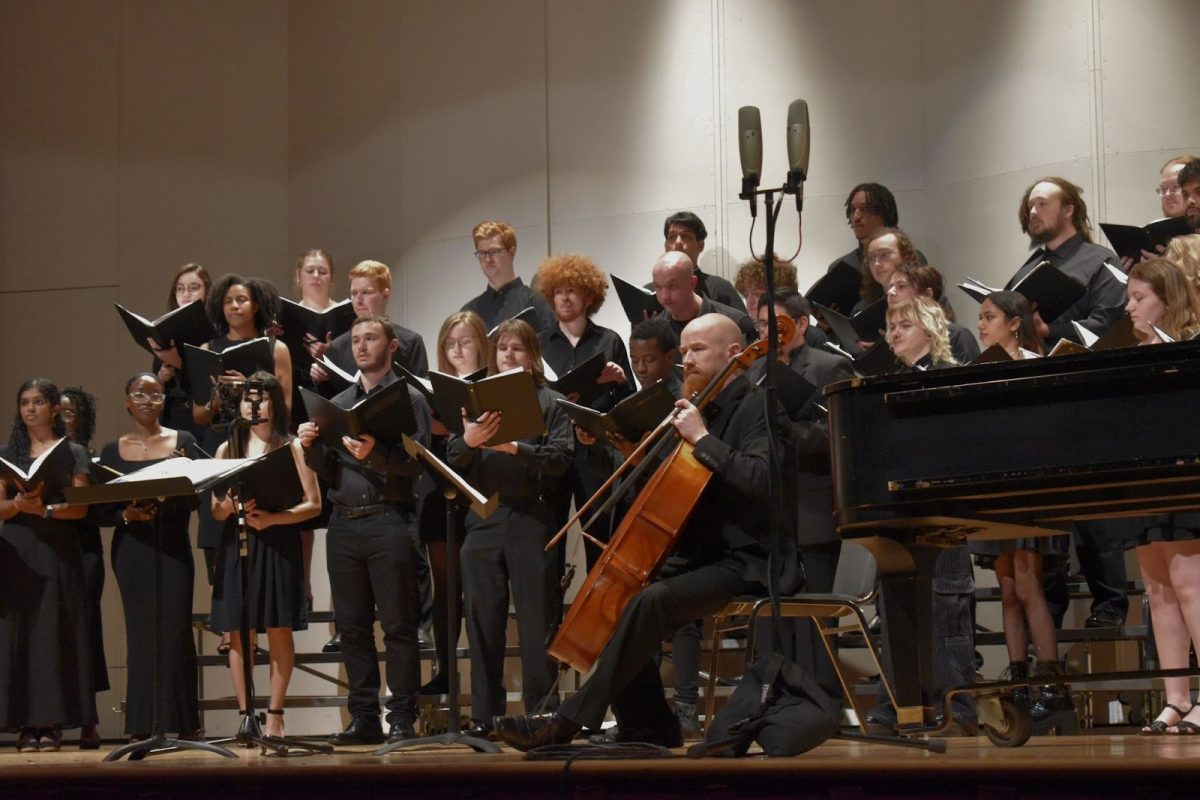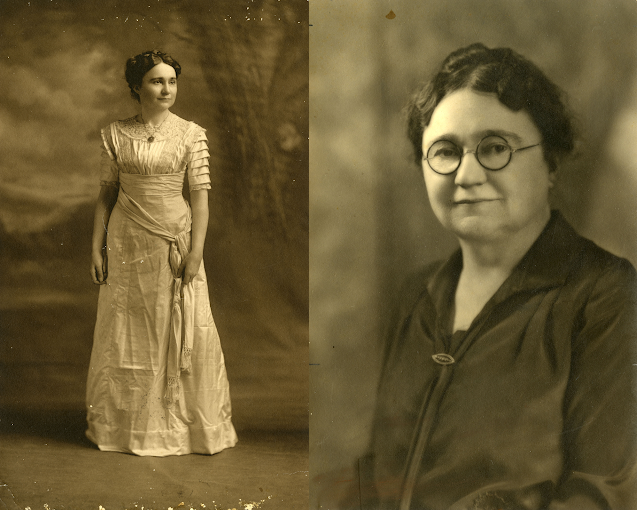Guilford’s new Sherwood Anderson Creative Writing scholarship will provide four applicants $3,500 each in aid.
Starting this semester, sophomores and juniors, along with first-years who already have creative writing experience, are invited to apply by the March 1 deadline in order to be eligible for selection. Finalists will receive the scholarship during the following academic year, will meet with each other and will have the opportunity to meet with an accomplished creative writer in the spring.
The new program aims to provide support for young writers in addition to financial assistance.
“It is an emotional, intellectual, artistic encouragement for them to keep pursuing their work,” said Mylène Dressler, assistant professor of English, on how the program’s meetings and activities would aid scholars in their development as writers.
The meetings between scholars will allow them to form a supportive cohort in which they can deeply focus on and discuss writing.
“I’d love to see writers get more of a chance to do just that: write,” said Elias Blondeau, a junior and member of the Greenleaf Review staff, on what he would hope to experience in the program if he were a scholar.
During the year, scholars will also read one work by Sherwood Anderson, the man who spurred the creation of this scholarship, in order to better understand the renowned writer behind this generosity.
Sherwood Anderson, most famous for his novel “Winesburg, Ohio,” was devoted to helping other promising writers. After his passing, Anderson’s family honored his legacy by providing monetary aid to a different established writer each year in order to encourage them in refining their craft.
David Spear ‘61, who is an Anderson beneficiary, was able to work with faculty of Guilford’s English department to create a marriage between the Anderson family’s tradition of sponsoring an established writer and supporting Guilford’s creative writers. The result is the new Anderson program at Guilford.
The Anderson family will also continue its tradition of helping already established writers, now through Guilford’s Anderson program. Each spring, a successful writer will visit Guilford for several days in order to meet and work with the Anderson scholars and the larger Guilford community through conducting workshops and attending classes. The entire Guilford community, including staff and students, will thus benefit from the Anderson program and the wider creative writing community it has the potential to create.
First-year and passionate creative writer Dmitri Salen was excited to learn of the new opportunities the Anderson program would offer students.
“I think it is great for people who enjoy writing,” said Salen. “(The Anderson Program) will hopefully get more people involved in something they are interested in.”
Dressler was enthusiastic about how the program can bring more people together over creative writing.
“We want to create a lively and vibrant creative writing community on campus,” said Dressler.
Interested students can find the application link on Guilford’s webpage for the English Department by following the link to “Departments and Programs” under “Academics” on the homepage.
The application consists of an application form, a 1,000 word essay and 20–25 pages of any creative writing material, which may include poetry, short stories, playwriting and/or creative nonfiction.
Applicants may submit a collection of different pieces, which may or may not be different genres, or they may use the entire 20–25 pages to submit a single, long work of prose, poetry or playwriting.






